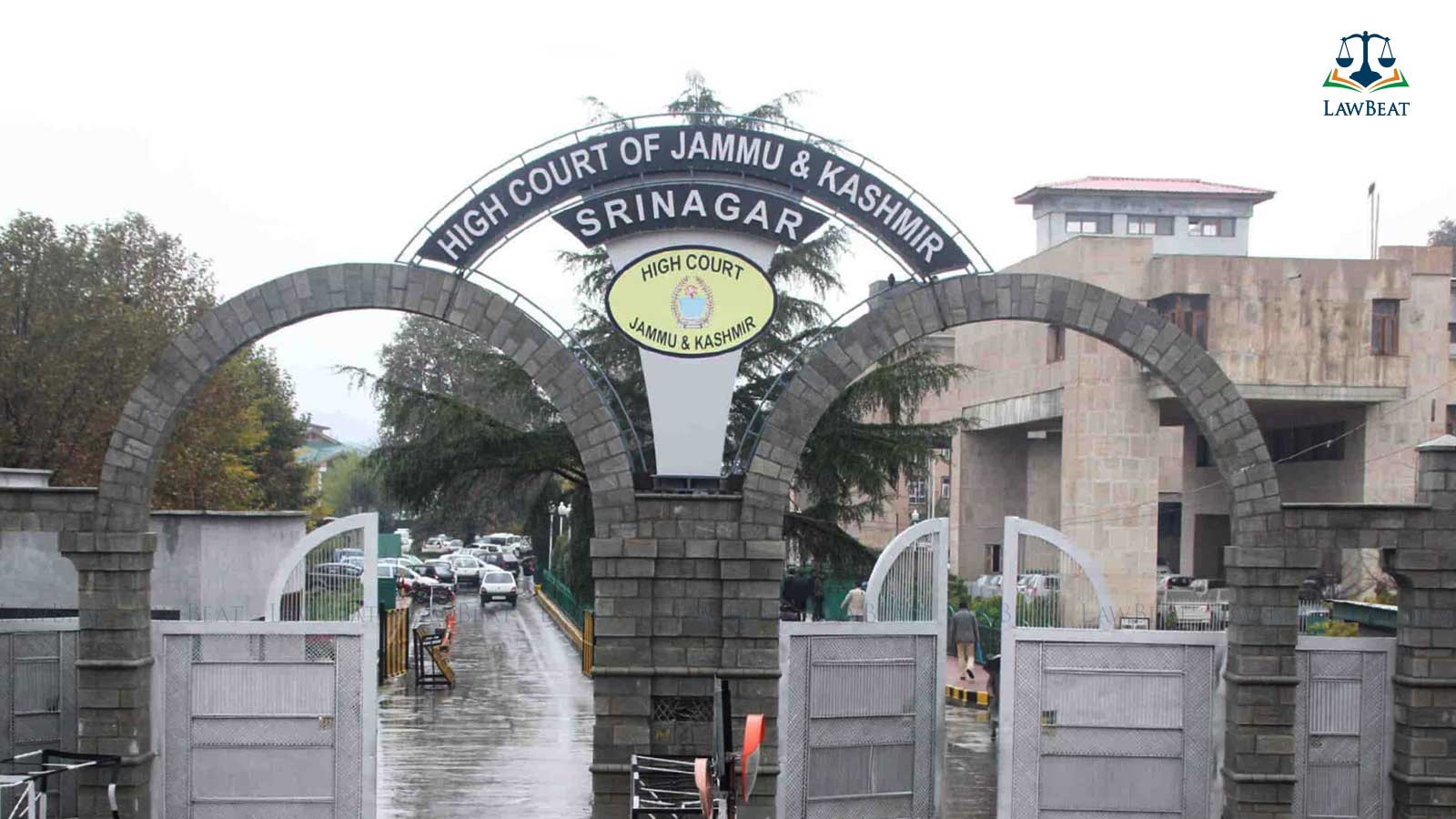Strict Proof of Talaq Required for Husband to Evade Maintenance Obligations : J&K and Ladakh HC

The court emphasised that the husband requires to prove all the prerequisites of a valid talak to be absolved of his marital duties
The Jammu and Kashmir High Court has underscored the necessity for husbands to provide strict proof of Talak (divorce) along with evidence of sincere reconciliation efforts to evade maintenance obligations.
Justice Vinod Chatterji Koul, presiding over the court, emphasised that merely producing a talaknama (divorce deed) is not sufficient and that pronouncing Talaq in the presence of two witnesses does not absolve the husband of his marital obligations, including maintenance. The court asserted that the witnesses must be "endued with justice," highlighting the necessity for these individuals to act as mediators, encouraging the couple to resolve their disputes and strive for a peaceful marital life. This requirement, according to the court, aims to ensure that the Talaq process is not misused to escape marital responsibilities.
The case involved Fayaz Ahmad Wani (husband), who contested the order directing him to pay maintenance to his estranged wife, Mst. Hameeda. The crux of the dispute lay in the validity of the divorce pronounced by Wani and its implications on the maintenance obligations under Section 488 of the Code of Criminal Procedure (J&K).
In 2009, Mst. Hameeda filed an application for maintenance under Section 488 Cr.P.C. before the Judicial Magistrate 1st Class (Munsiff) Pulwama. The trial court ruled in her favour through an ex parte judgment on 14th December 2009. Wani appealed against this judgment, but his appeal was dismissed on 9th August 2012. Subsequently, he filed a petition under Section 561-A Cr.P.C., resulting in an order from the High Court on 3rd July 2013, directing the trial court to reconsider the application on its merits, allowing both parties to present their evidence. On 5th February 2018, the trial court dismissed Hameeda's application, concluding that the marital relationship had ceased to exist. Dissatisfied, Hameeda filed a revision petition. The Additional Sessions Judge of Pulwama, on 24th October 2018, overturned the trial court's decision and ordered Wani to pay Rs. 3,000 per month to Hameeda from the date of the original application, i.e., 25th August 2009.
The High Court examined whether the proceedings under Section 488 Cr.P.C. could be quashed based on Wani's claim of divorce. The court referred extensively to the Shariat law, emphasising the principles of marriage and divorce in Islam. The court noted that “though husband under Shariat law has power to divorce his wife yet this power is not absolute, unqualified and unbridled.”
The court observed that Quran and Sunna impose conditions aimed at fostering reconciliation and preventing arbitrary divorces and that Wani’s pronouncement of talaq did not follow the recommended procedure of talaq ahsan, which allows room for reconciliation.
The court asserted that only upon fulfilling the following conditions can a divorce via Talaq be deemed valid, allowing the husband to escape his marital obligations, including maintenance of his wife :
Mediation Efforts: The husband must demonstrate that attempts were made by representatives of both parties to reconcile differences. These efforts must be proven to have failed for reasons not attributable to the husband.
Valid Cause for Talaq: The husband must provide a valid reason and genuine cause for pronouncing Talaq.
Presence of Just Witnesses: Talaq must be pronounced in the presence of two witnesses who are just and impartial.
Observance of Tuhr: The pronouncement of Talaq must occur during the period of Tuhr (between two menstrual cycles) without any sexual intercourse during this period.
Conclusively, the court found insufficient evidence to prove that genuine efforts for reconciliation were made by the petitioner. “The Revisional Court has also rightly considered the rival contentions of the parties and come up with impugned judgement, setting-aside the Trial Court order dated 5th February 2018 and directing petitioner to pay an amount of Rs.3000/- per month to respondent as maintenance,” the court said, while upholding the decision of the Revisional court.
As a result, the petition was dismissed.
Cause Title: Fayaz Ahmad Wani v Mst Hameeda [CRMC no.491/2018]
